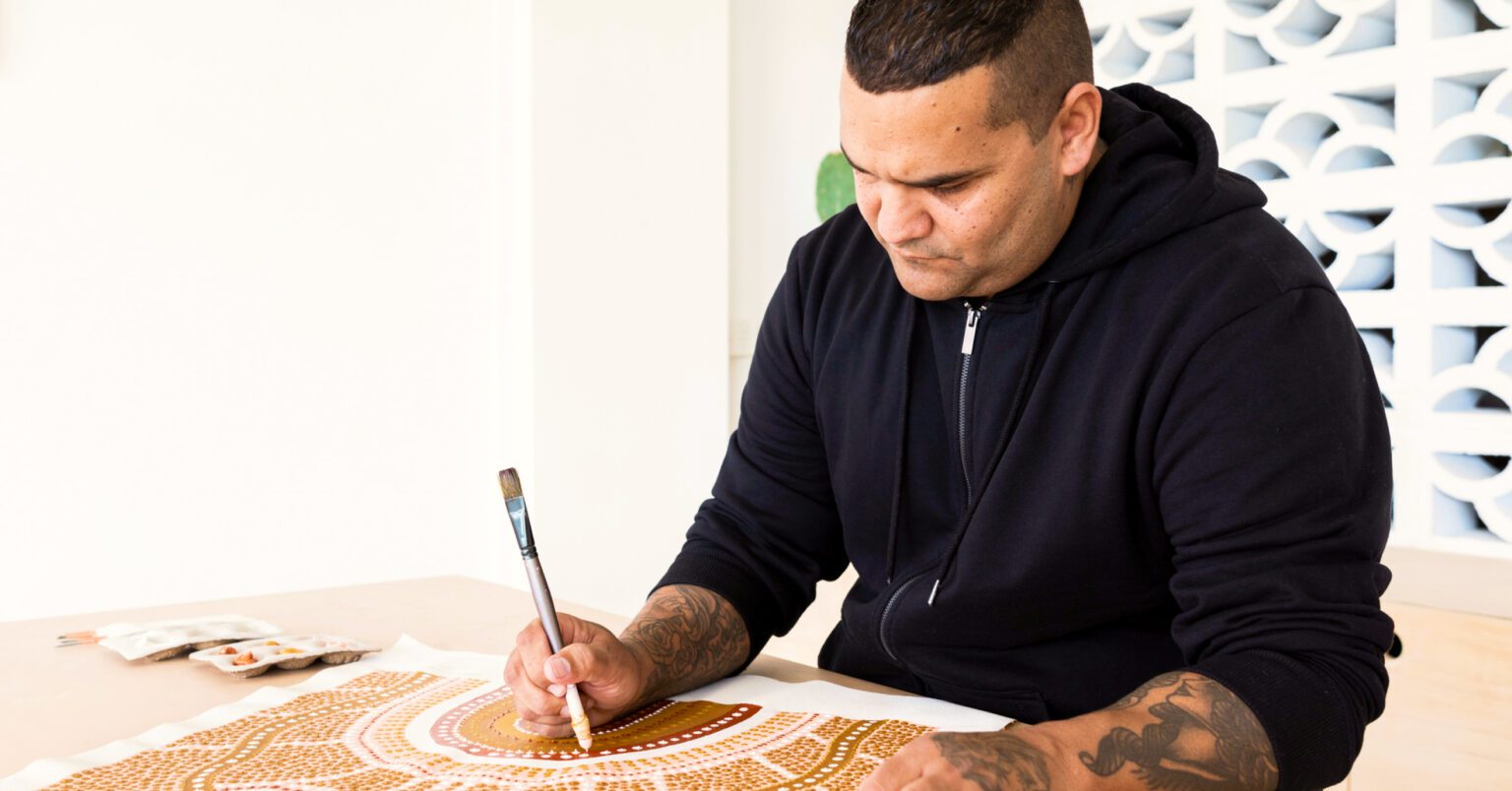Small business competition can inspire dread – a direct competitor setting up shop just down the road. Or worse still, someone echoing your branding, imitating your creative design and then flogging a substandard product online.
Here’s a possible plan of action if you find yourself in this situation.
Can a business copy your idea?
If someone has simply opened a rival business across the road, chances are that pursuing legal action will only be a waste of time and money.
If, however, you believe a business has infringed on your trademark or branding, resist the temptation to lash out online or at a local business networking event and instead seek advice.
“Saying or doing the wrong thing when you feel your rights have been infringed can have legal consequences,” explains Jacqui Pryor, Trade Marks Attorney & Director at Mark My Words Trademark Services Pty Ltd.
Pryor says once it is determined that an infringement has occurred the next step is to send a letter to the infringer that sets out your trademark owner’s rights, how those rights were infringed and the steps that need to be taken to resolve the matter.
“Often, particularly where it is a reasonably clear case of infringement, this does the trick and the matter is resolved swiftly,” she says.
Innovate, grow, conquer
When legal avenues look unlikely to succeed, Pryor recommends to her clients that they instead invest the money they were preparing to spend on legal expenses in other ways to set them apart from their competitors.
“This could be clever marketing. It could be making a slightly different product to the one first copied and then registering a design for the ‘new’ version – providing them an opportunity for possible design infringement enforcement in the future,” she says.
You can also leverage off the copycat’s move in your marketing tactics, Pryor adds.
“If true and not likely to mislead or be found false, there’s no reason a business can’t use terms such as ‘the original’, ‘the first’ and similar in marketing copy and advertisements.
“A lot of consumers will realise after seeing ‘original’ and similar in connection with a product that the similar products or businesses are perhaps copycats and will prefer to support that original business owner.”
What to do when someone copies your business idea
Maria Georgiou is the owner of KiddiKutter, a small business that sells child-friendly knives that are designed with bright colours and no sharp edges.
A few years back, Georgiou discovered that a competitor had imitated her business name and model, and was using her tag line.
“They were essentially riding my coattails. When I initially found out, I wanted to throw the towel in,” she says.
“Then I became angry, which gave me the push I needed.”
By channelling that anger into motivation, Georgiou took her business to the next level. She started with a thorough redesign of the product. putting into practice all the insights she had gained in her years running the business to that point. Then she rebranded to maximise her brand’s impact.
“We then ensured our IP was properly protected so we could (and can) stop copycats moving forward,” she says.
Georgiou now sells to over 40 countries, has more than 1,000 stockists and has won a gold and silver international Stevie Award for her business.
“I really need to thank the copycat for helping my business become what it is today,” Georgiou says.
Get more insights from small business owners who have faced similar issues to you by signing up to the Prospa Blog enewsletter.








